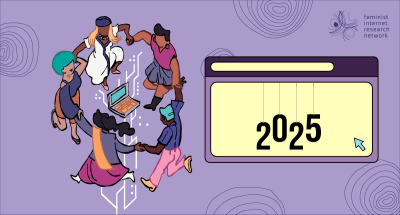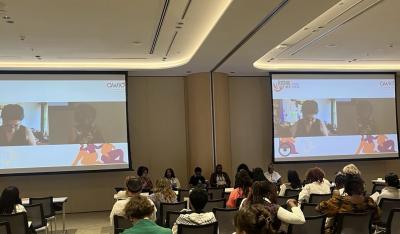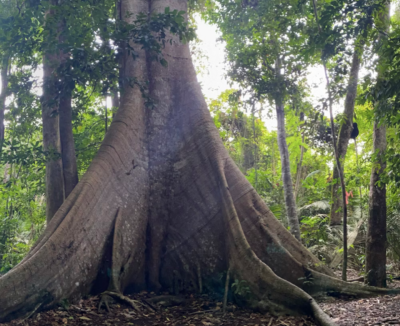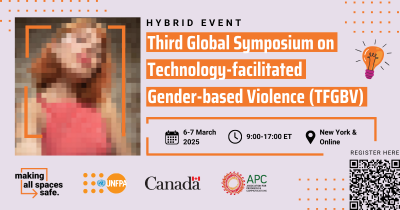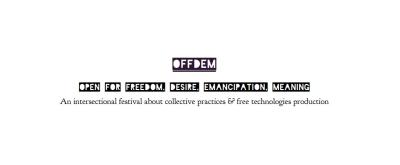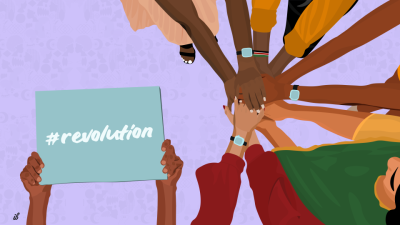A feminist internet works towards empowering more women and queer persons – in all our diversities – to fully enjoy our rights, engage in pleasure and play, and dismantle patriarchy. These principles are critical towards realising a feminist internet.
1561 results
